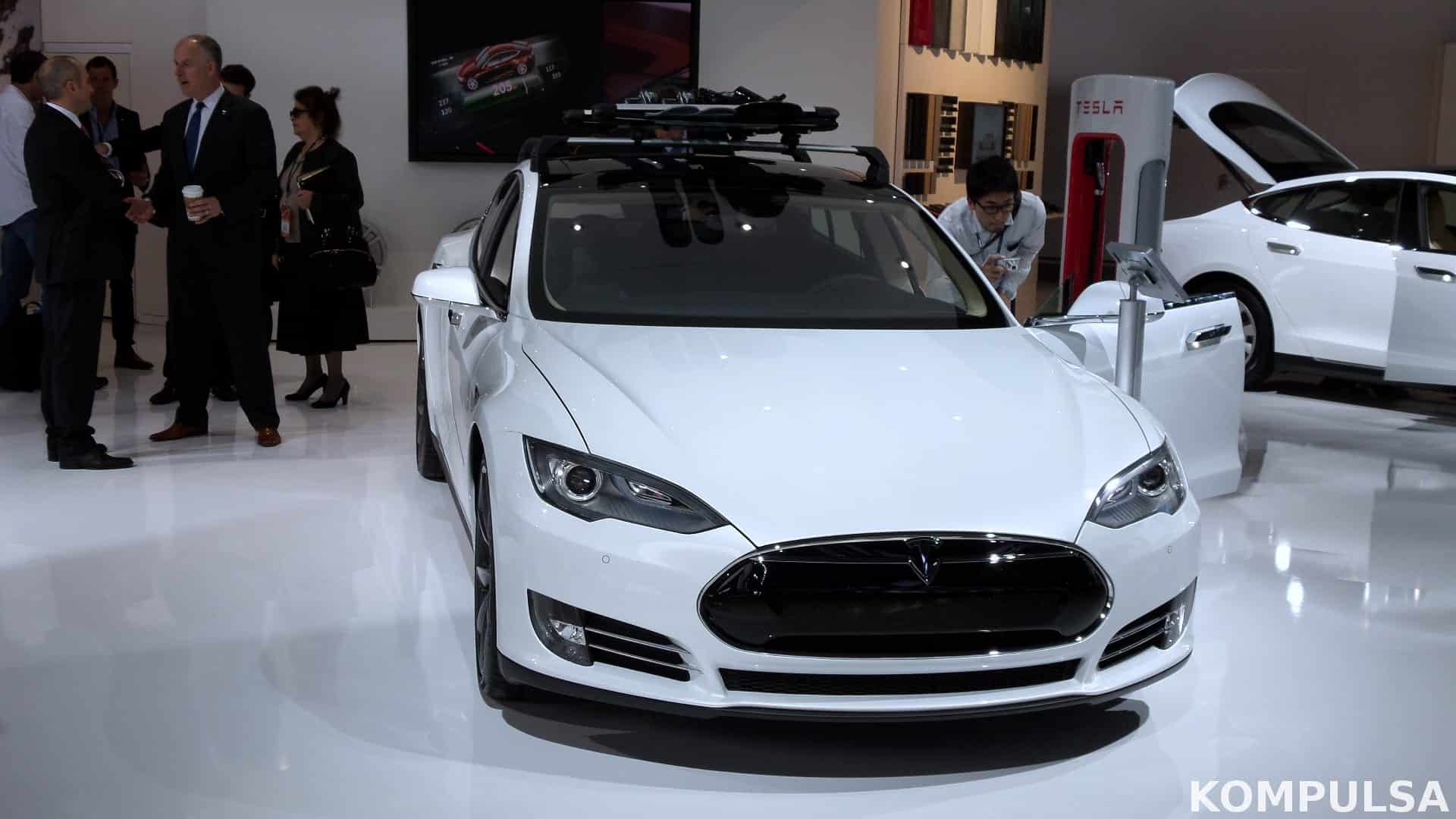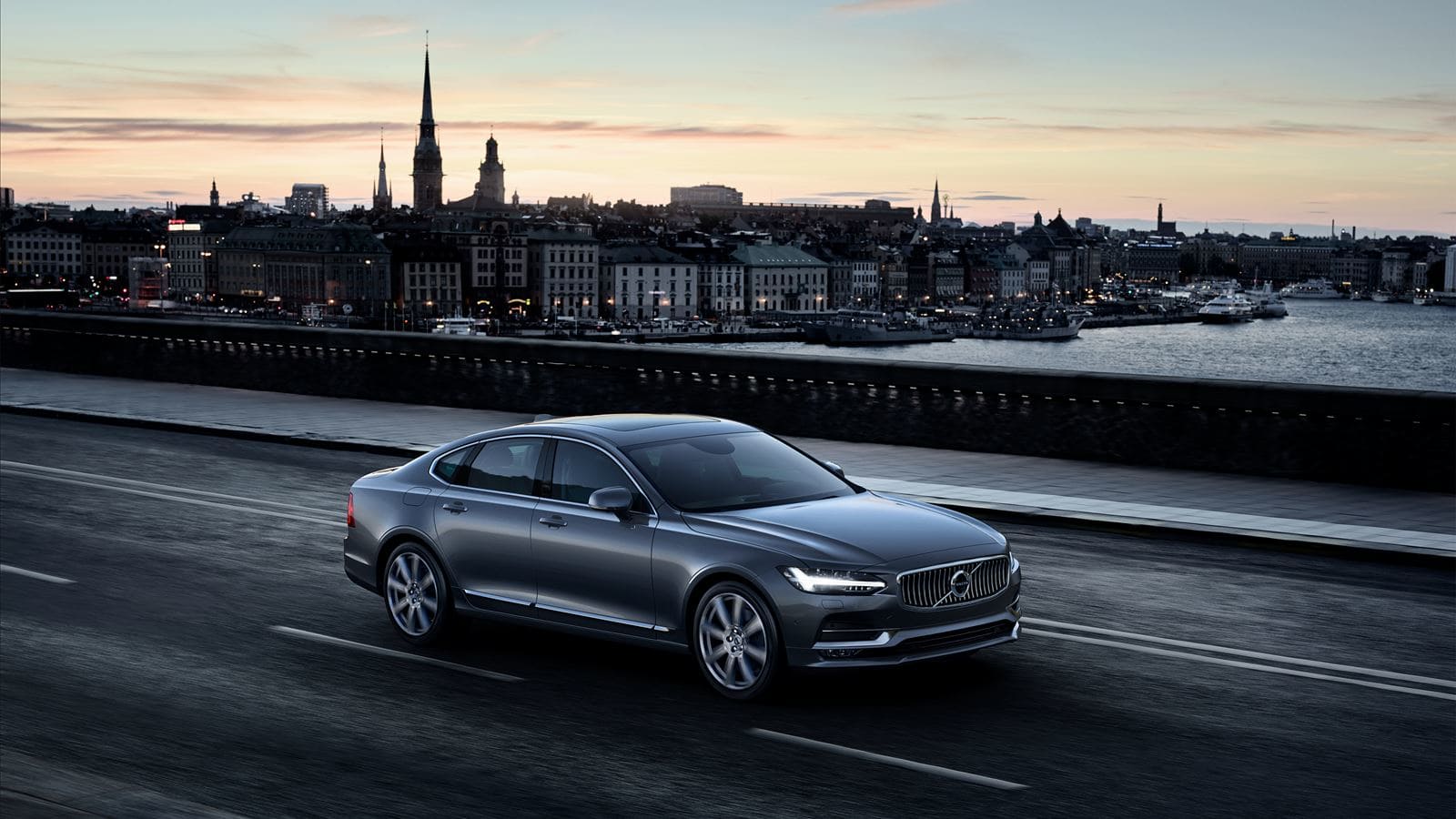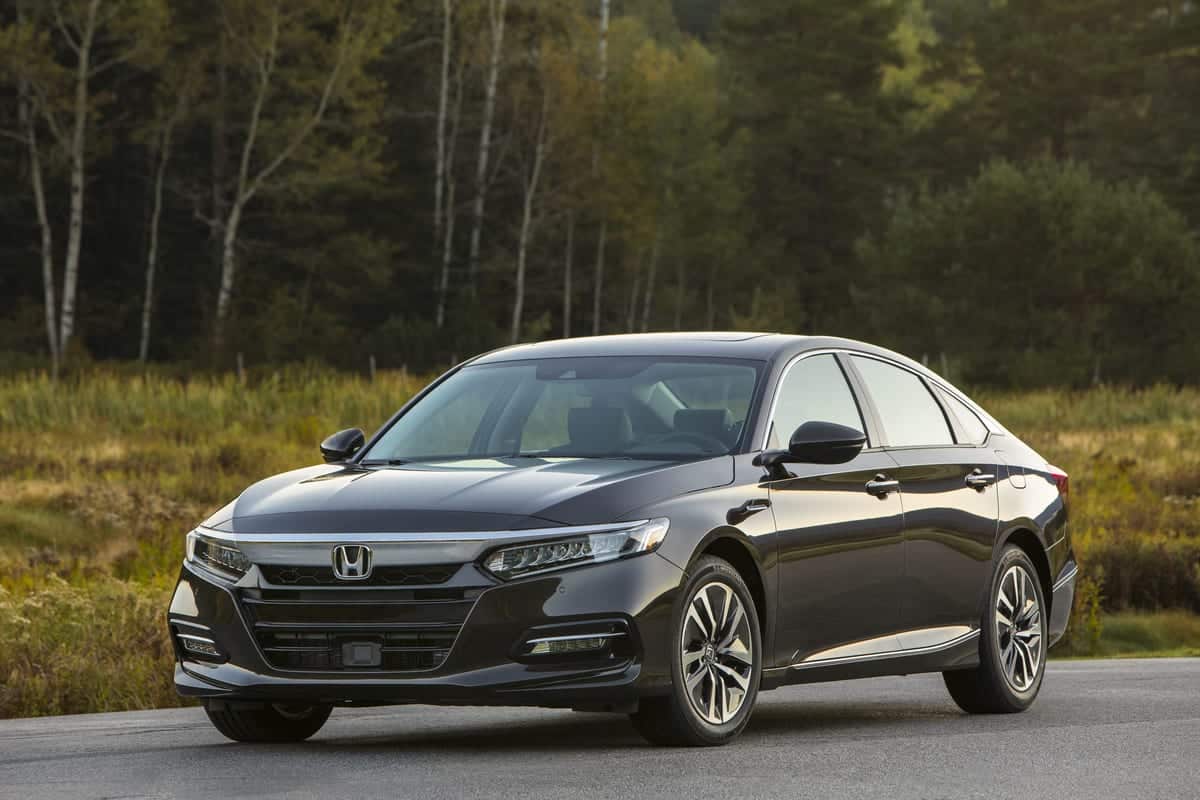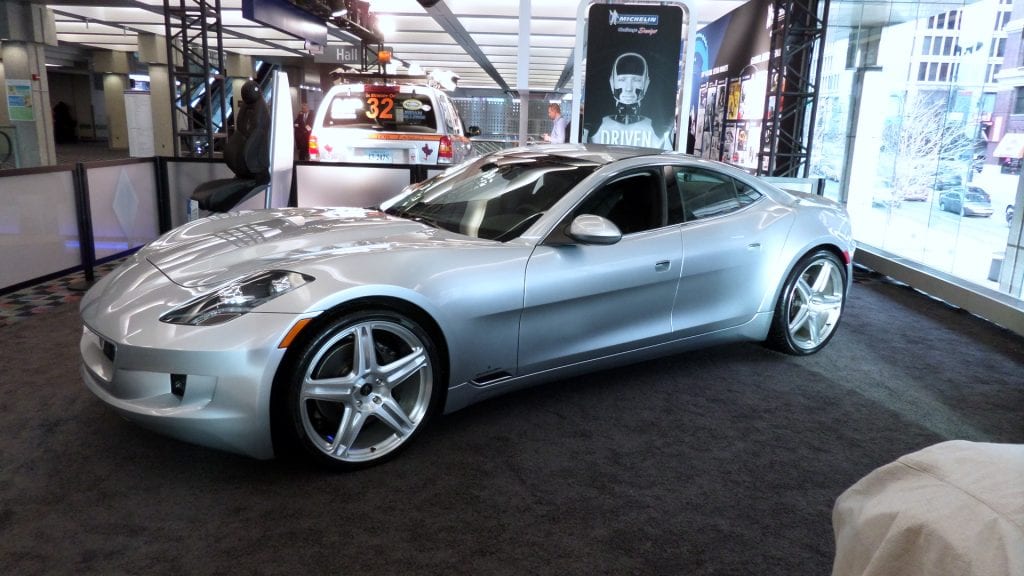Electric vehicles have long been seen as a promising alternative to gasoline-powered cars, except with an Achilles heel — batteries. While that was true for decades, researchers at Tesla, Panasonic, among other companies and universities helped change that. They achieved range well over 200 miles for all of their current cars (and over 300 miles in some cases). A typical gas-powered sedan is in the 300-mile range.
Electric vehicles are already on the road in significantly larger numbers than ever. They are dominating car sales in Norway, and outsold Mercedes-Benz. That was helped largely by improvements in range (>200 miles per charge for most new models from major brands), price, and performance. While electric car batteries are often covered by warranties lasting 8 years or longer, it would be much appreciated if cars could actually last long (like they used to).
Tesla has set out to change that with a new electric vehicle battery design that could last 1 million miles (1.6 million km) and lose less than 10% of its energy storage capacity over its lifetime. That is more than twice the estimated lifespan of current batteries. The battery technology, also being developed by Dalhousie University (led by Jeff Dahn) was described in a research paper at the Journal Of The Electrochemical Society.
The technology — a lithium-ion pouch cell is described by the research paper as of ‘moderate energy density’. Energy density is the energy-to-weight ratio or (in the case of volumetric energy density) energy-to-size ratio of the battery. So it is a measure of how much energy can be stored in a battery of a given weight or size.
While this dramatic improvement in lifespan is much welcomed by anything battery-powered, large trucks that travel many miles cross-country probably need it the most. This design might be useful for the Tesla semi truck.
As Tesla is doing, the idea of electric car manufacturers developing (or partnering with experts to develop) improved battery technology is smart, as improved battery technology alone can make an electric car extremely fast and achieve extremely long range without improving any of their other parts. That’s how much battery technology impacts electric vehicles.








